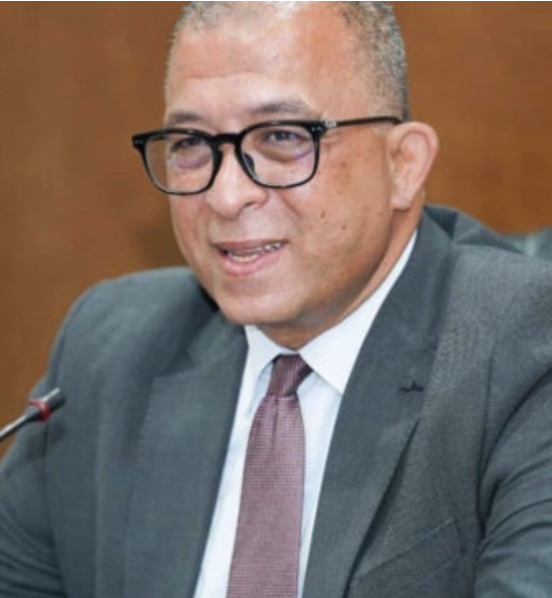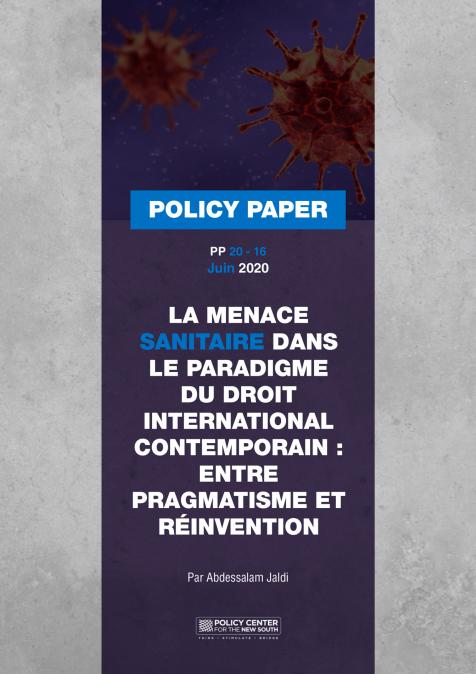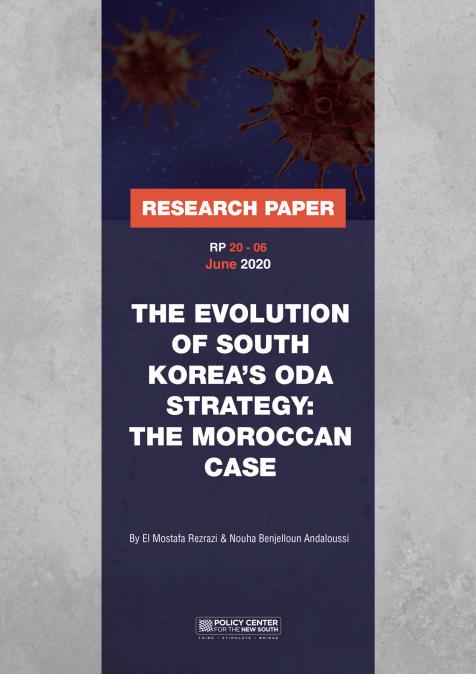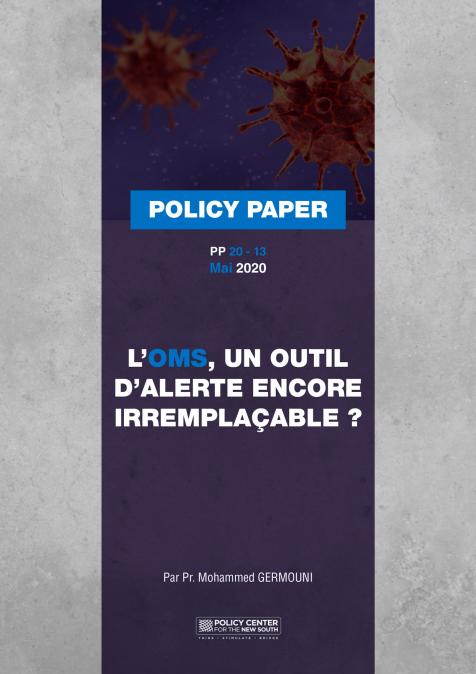يخصص مركز السياسات من أجل الجنوب الجديد حلقة برنامجه الأسبوعي "حديث الثلاثاء" لمناقشة موضوع "دور معاهد التخطيط في تعزيز التنمية المستدامة ''. تُعد معاهد التخطيط مؤسسات علمية مهمة لدعم التنمية المستدامة من خلال توفير البيانات والتقارير والإحصاءات الدقيقة، مما يسهم في صياغة سياسات مبنية على أدلة علمية. ومع ذلك، تواجه هذه المعاهد في العالم العربي تحديات، أبرزها ضعف إدارة البيانات وحوكمتها، بالإضافة إلى غياب الإحصاءات الموحدة والدقيقة ما يجعل التعاون الإقليمي مهما. ما هو الدور الذي تلعبه معاهد التخطيط في تعزيز التنمية المستدامة وصياغة السياسات الفعّالة؟ ما هي التحديات التي تواجهها؟ ما أهمية التعاون الإقليمي في معالجة هذه التحديات؟ وإلى أي مدى يمكن أن تسهم التقنيات الحديثة، مثل الذكاء الاصطناعي، في تحسين قدرات التخطيط وتطوير خطط تنموية أكثر استدامة وفعالية؟ أسئلة وغيرها نناقشها مع ضيفنا الدكتور أشرف العربي، الأمين العام للجمعية العربية للبحوث الاقتصادية.








